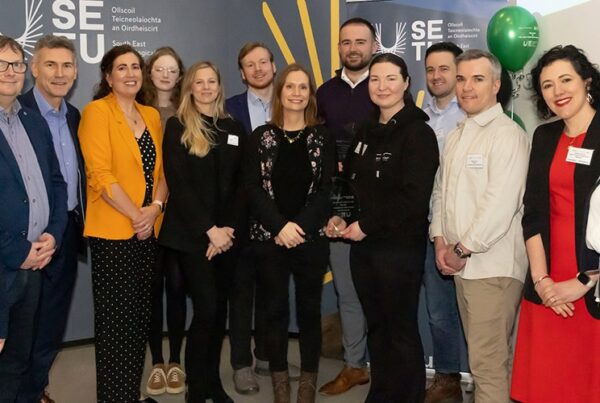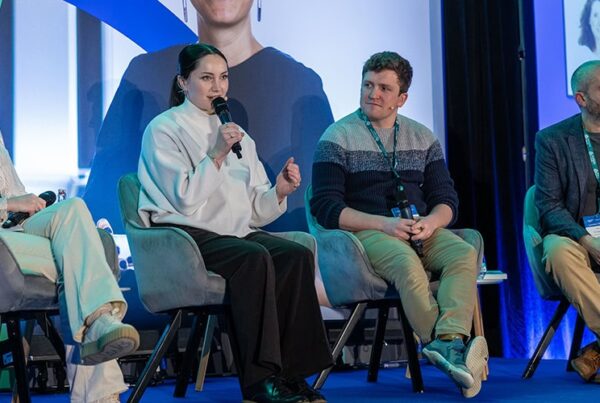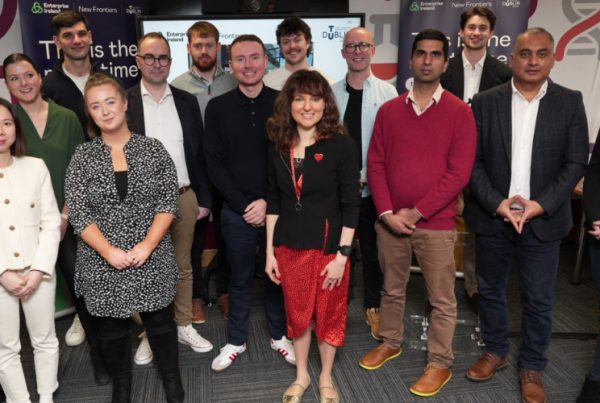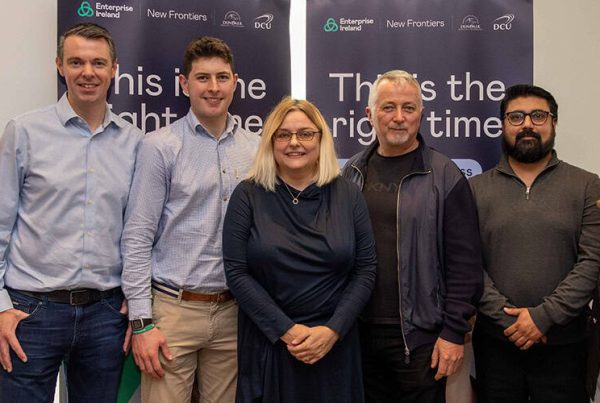
“To know your Enemy, you must become your Enemy” said Sun Tzu, in the Art of War. Sometimes, competing for business can seem like a battle – with the odds stacked against you and the chances of success slim at best. However, all is not lost. Competitive Intelligence (CI) is a key weapon that will level the battle field and allow you to compete with the advantage of knowledge on your side.
Competitive Intelligence is the ethical gathering and analysis of competitor, customer and market information from open sources. This analysis is used by organisations to make better strategic decisions. It is the difference between competing and winning.
Why should I care about CI?
Your organisational survival may well depend on the knowledge that you can acquire from and about your prospects and market competitors. Public sector procurement is becoming increasingly transparent and the victors are those that can demonstrate that they understand their clients’ needs and have positioned themselves favourably in comparison to other suppliers. It is not overstating the case to say that embedding competitive intelligence as a core management process is increasingly essential towards survival and growth in the 21st century.
Embedding CI into my organisation
Make the acquisition and safe-guarding of CI part of your normal business operations. Create profiles of your target customers, as well as your main competitors. Collect data from the companies’ own websites and their published case studies; add to this aggregate from news and social media websites and also flesh out from your real world connections. Finally, use your organisation’s own human intelligence to identify the areas that you have competitive advantage in and work on your weaknesses to improve your overall ability to compete.
Best practice for managing CI
Qualify your Tenders:
- Tendering is expensive – compete only where it makes good sense and learn as much from losing as from winning
- Make intelligence gathering systemic – Know your customer, your competitor, your partner… and yourself
- Procurement history – Identify buying habits, incumbent suppliers, decision makers, previous purchases and evaluation criteria
- Maintain an information repository – Protect your corporate knowledge and facilitate fact-based decisions
Remember that CI is more concerned with understanding the big picture and having the right perception of the marketplace that trying to precisely quantify or qualify competitive threats and business opportunities.
How do I get started?
A good first step towards increasing revenues is to identify your competitive landscape. Identify the clients that you want to work with, the competitors you want to take business from and the type of business that you want to be doing. Next, consider how well-positioned you are to be successful – do your target clients know and like you? Are your competitors better than you? Do you have the capability and capacity to service the needs of those clients? The answers to those questions will evolve over time as you become more attuned to the dynamics of the competitive landscape.
While you’re working on that, it’s also a good idea to try competing for some business; the public procurement portal etenders.gov.ie is a good place to start. By writing proposals, your value proposition will be critically evaluated against the value propositions of your competitors, by actual buyers. That’s incredibly valuable information that tells you exactly where you need to improve, shows you what the expectations are in your industry and where you rate against the competition. After that it’s up to you to create a strategy to address that feedback and start winning more business.
Each time you participate in the tendering process, you learn a little more about what it takes to win. As Sun Tzu noted, “Opportunities multiply as they are seized.”
About the author
 Tony Corrigan
Tony Corrigan
Tony is the Director of TenderScout and a past participant on New Frontiers. His disruptive SaaS company has won the Eircom Spider Business Choice award and was recently shortlisted for the ESB Spark of Genius award at the Web Summit, as well as being an Enterprise Ireland client and in receipt of Competitive Start Funds (CSF).
Recent articles

Founders Graduate From New Frontiers At South East Technological University – Carlow Campus

The New Frontiers Programme Connects 158 Founders With Success Stories

Raise Your Startup’s Visibility & Credibility By Entering These Competitions

Founder Perspectives: Lessons From Building Businesses In Sustainability

Tech Startups In The Age Of AI: Alumnus Paul Savage On Speed, Quality & Risk

Fourteen Startup Founders Graduate From Phase 2 Of New Frontiers In Tallaght

Eleven Founders Graduate From New Frontiers In The Border Mid-East Region

 Tony Corrigan
Tony Corrigan
